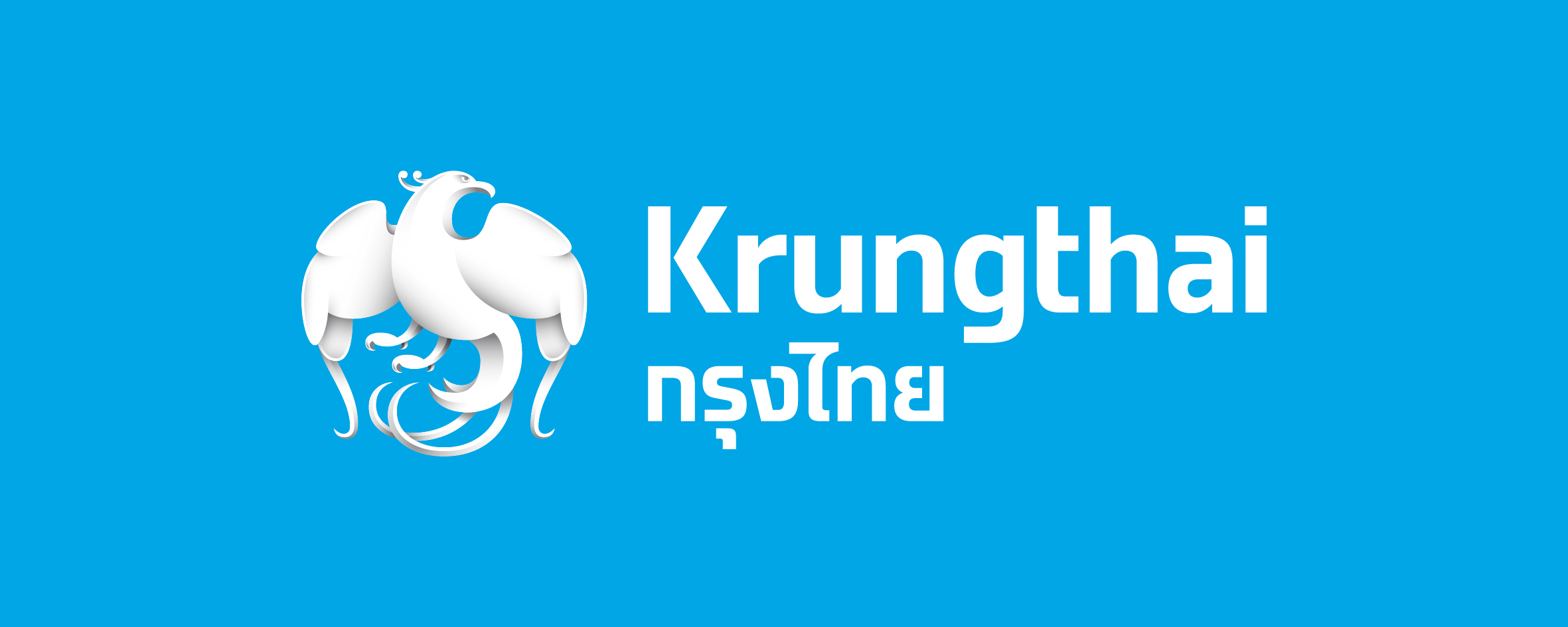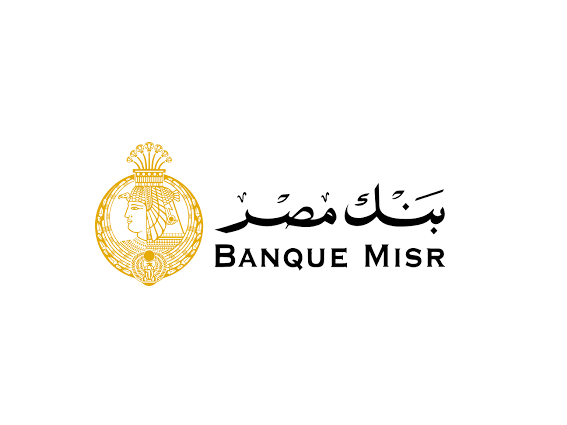The Persecution of Ahmadiyya Muslims Must Stop

John E. Kaye

Considered heretical by orthodox Muslims, followers of the Ahmadiyya Movement suffer a life of persecution and vilification. Award-winning writer and Islam expert Declan Henry highlights their tragic story and calls for an end to their victimisation.
By Declan Henry

Within the Muslim world, just as with Christianity, there are numerous divisions. Most will have heard of the Sunni and Shia sects, but few in the West are aware of the Ahmadiyya Muslims – arguably Islam’s most hated and persecuted community.
Over the past decade alone, hundreds of Ahmadiyya Muslims – men, women, and children – have been callously murdered in the most appalling and cruel of circumstances.
For the rest, their daily existence is blighted by the open hostility and bitter rejection they continually experience, being shunned throughout the world by all other Muslims – who consider them outside the pale of Islam.
And in Pakistan, where a large contingency of Ahmadiyya Muslims still live, they are so reviled that in 1974 the parliament declared them ‘non-Muslims’ and then, in 1984 a law was passed whereby it became a crime for Ahmadis to call themselves ‘Muslims’ and to practise their religion in public.
As a result, most attempt to live under the radar and shield their identity from neighbours, friends, and work colleagues, fearing for their lives and livelihoods should their ‘secret’ be revealed.
And, alas, for good reason. The law is often strictly implemented along with physical attacks, persecution, imprisonment, and even torture for those who are found to have committed the ‘crime’ of being an Ahmadiyya Muslim.
But why are Ahmadiyya Muslims so reviled? The answer is both rooted in history and theology.
The Ahmadiyya Movement was founded in the late 19th century by religious leader, mystic, and Mujaddid (reformer of Islam) Mirza Ghulam Ahmad (1835-1908).
The Movement claims that Mirza Ghulam Ahmad succeeded the Prophet Muhammad as a prophet, and that he was also divinely appointed as the promised Messiah to fulfil Islam’s prophecies.
This is in direct conflict with all other Muslim sects, which steadfastly believe that no other prophet will succeed the Prophet Muhammad as the Qur’an states he was Allah’s last messenger.
In addition, non-Ahmadiyya Muslims do not accept that Mirza Ghulam Ahmad is the promised Messiah.
Instead, they believe their holy books, the Qur’an and the Hadith, clearly state that this role is assigned only to Jesus, who will return to fight the Dajjal (anti-Christ) and restore morality and peace to the world towards the end of time.
Interestingly, there was even dispute among the Ahmadiyya Muslims about Mirza Ghulam Ahmad’s status as prophet, and which led to the Movement splitting into two groups in 1914.
This brings us to the present, with the main group being the Qadiani Ahmadiyya Movement (Qadiani Ahmadis), with 12 million followers worldwide.
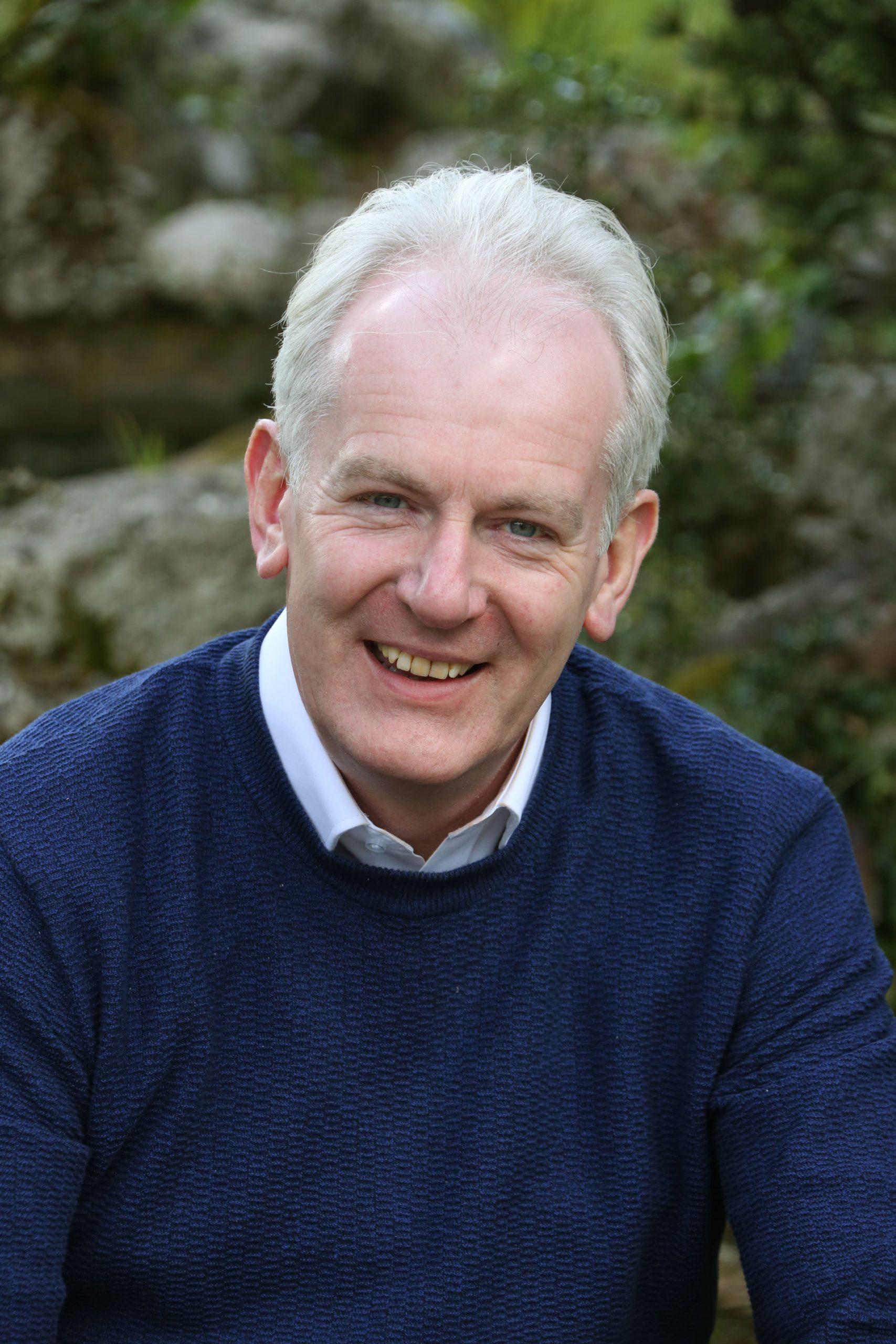
The other is the much smaller Lahore Ahmadiyya Movement (Lahori Ahmadis), which numbers around 100,000 followers, and who differ from Qadiani Ahmadis in that they do not believe Mirza Ghulam Ahmad was a prophet.
The other is the much smaller Lahore Ahmadiyya Movement (Lahori Ahmadis), which numbers around 100,000 followers, and who differ from Qadiani Ahmadis in that they do not believe Mirza Ghulam Ahmad was a prophet.
They do, however, continue to align with the Qadiani Ahmadiyya Movement in its controversial teachings about Jesus’ life, with followers of both groups believing that Jesus did not die on the cross but, instead, recovered from his injuries and travelled across East Asia before settling in Srinagar in Kashmir, where he lived to the age of 120.
All other Muslims, therefore, steadfastly reject all Ahmadiyya Muslims because of significant theological differences to mainstream Islam.
Having previously written a book on Islam, Voices of Modern Islam, I was drawn towards an investigation of this deep-set and blood-drenched schism within the religion, especially since the Ahmadiyya Movement is headquartered (in exile) within the UK.
Last year, I was invited to Pakistan to spend time with the Lahore Ahmadiyya Movement and discover more about their beliefs and struggles.
During my visit, I conducted scores of interviews with the community and listened to horrifically tragic stories of injustice and persecution, all of which fully feature in my latest book, The Lahore Ahmadiyya Movement.
Having enjoyed the privilege of living among them, even if only for a short while, I can state that Ahmadiyya Muslims are lovely people, with individuals and communities displaying profound friendliness, morality, and humanity.
While, as a Christian, I do not agree with their beliefs – and I fully respect the right of others to, likewise, disagree – I stand by them in their basic human right to be respected for their beliefs.
This is a peace-loving community and not one member should be persecuted for their faith, let alone be murdered for it, just because it differs from those of others.
While I acknowledge that I am an outside observer of Islam, I know that this rich and noble religion is built upon the pillars of peace and tolerance.
Yet while Muslims maintain the deepest love and respect for the Prophet Muhammad and the Qur’an, sometimes, through anger and a quest to do the ‘right’ thing, the Qur’anic teachings and example of the Prophet can be overlooked or forgotten.
The best example is perhaps the Constitution of Medina, which was drafted by the Prophet after he migrated to Medina from Mecca and witnessed various religious tribes in conflict with each other.
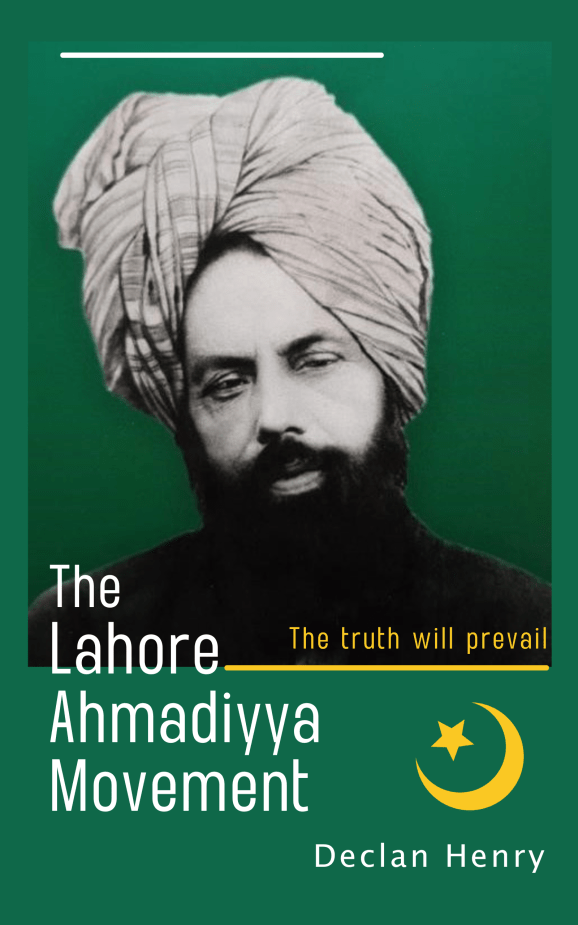
After being called upon for advice, he devised this constitution, whereby people would agree to live together peacefully, ensuring everyone would enjoy religious freedom.
For a brief time in recent years, the plight of Ahmadiyya Muslims seemed tantalisingly close to a positive breakthrough.
Notably, the previous Prime Minister of Pakistan, Imran Khan, had considered introducing a version of the Constitution of Medina within the country before being forced out of office.
Political upheavals, however, should not be allowed to get in the way of this drive for reform. The need for tolerance and restraint is greater now than ever before, given the state of global unrest and the conflict raging in many Muslim countries across the world.
Perhaps it will require a constitution affiliated with the Prophet Muhammad to bring about the end of the needless suffering and deaths taking place in Pakistan each year, along with ongoing hostility and rejection experienced by all Ahmadis across the world.
That breakthrough could be many years away. The first, vital step, however, will be through a structured and respectful dialogue between the Ahmadis and fellow Muslims.
To expect a full rapprochement would be foolish, but, at least, an understanding can, and should, be nurtured. I hope to see this come to pass before too long.
The Lahore Ahmadiyya Movement by Declan Henry (Squirrel Publishing) is out now, available on Amazon in paperback and eBook formats, priced £6.99 and £5.99. For more information, visit www.DeclanHenry.co.uk or follow Declan Henry on Facebook, Instagram, Twitter or LinkedIn.
Declan Henry: A Literary Champion Of The Underdog
Declan Henry should be praised for championing those whose voices are often excluded from the prevailing social discourse. Here, we profile the life of the respected documentary style writer.
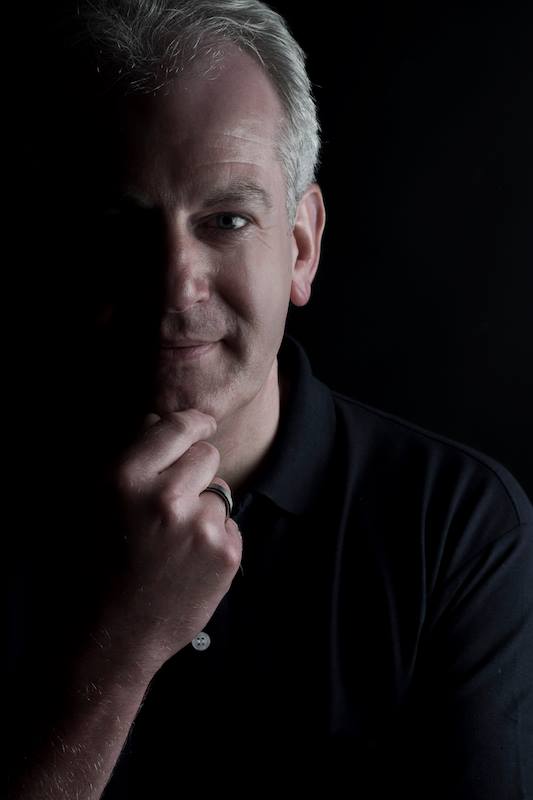
Through his probing, documentary-style writing, award-winning non-fiction author Declan Henry has become known for giving voice to marginalised and minority communities within Britain and Ireland.
A true ‘champion of the underdog’, he has seemingly picked up the baton of great journalistic writers of the past such as William Hazlitt, Jack London, and George Orwell in seeking out the stories and experiences of those living outside of mainstream society.
Born in County Sligo, Ireland, Henry moved to the UK in the early 1990s to pursue his education at two of London’s elite universities – Goldsmiths College and King’s College – and, subsequently, a career as a mental health professional.
Since childhood, he had been drawn towards a deeper understanding of human nature but it was only when working with those displaying a wide range of social and mental issues that he became acutely aware of how certain sections of society can, through no fault of their own, end up shunned and isolated.
His first book, Glimpses: A Collection of Short Stories About Young Offenders, was released in 2007. While fiction, the 26 stories were based on circumstances that were true to life, providing readers with, as the blurb explains, “a snapshot into the lives of youth discarded by family and friends and classed as social problems”.
In the intervening years, Henry has written a further eight books, covering a wide and diverse range of topical themes including mental health (Why Bipolar?: The Demystification of Bipolar Affective Disorder), refugees (Young Refugees and Asylum Seekers: The Truth about Britain), and the Gypsy, Roma and Traveller (GRT) community (Gypsies, Roma and Travellers. A Contemporary Analysis).
His work on the challenges faced by transgender and non-binary people, Trans Voices: Becoming Who You Are, meanwhile, was the bronze winner of the 2017 Independent Publisher Book Award in the LGBTQ+ non-fiction list.
With all these books, Henry fully immersed himself in the communities he was researching, interviewing scores of people from those communities to capture and convey their lived experiences, thoughts, and feelings. And with each new project, his passport was always by his side, with him willing to travel far and wide to get a better understanding of his subject.
For Young Refugees and Asylum Seekers, for instance, he journeyed to Istanbul, Turkey, to meet with Syrian refugees while for Gypsies, Roma and Travellers he travelled to Bucharest, Romania, to interview Roma Gypsies.
With his latest book, The Lahore Ahmadiyya Movement, Henry ventured out to Pakistan to get the inside story on one of the Islamic world’s most persecuted communities: the Ahmadiyya Muslims.
The writer, who has also contributed to a raft of national and international publications including the Irish Independent, The Irish Times, and Huffington Post, first explored Islam in his 2018 book, Voices of Modern Islam: What it Means to Be Muslim Today.
While Voices of Modern Islam was meant to inform non-Muslims about Islam and the lived realities of Muslim people, The Lahore Ahmadiyya Movement is as much for the benefit of adherents of the faith as those outside of it.
It is, as with his other books, a story of adversity that does not shy away from its sometimes harrowing portrayal of humanity’s dark side. At the same time, however, and again as is strongly associated with all of Henry’s works, it is a poignant reminder that even when faced with the greatest of obstacles, kindness, compassion, love, and humour abide.
A Q&A Interview With Declan Henry
We speak to award-winning author Declan Henry to find out more about his new book, The Lahore Ahmadiyya Movement, his writing career, and his motivations.

Q. What prompted you to write The Lahore Ahmadiyya Movement?
A. I wanted to learn why Lahori Ahmadis were considered to be outside of the pale of Islam, given that they believe the Prophet Muhammad was not succeeded by Mirza Ghulam Ahmad (or anyone else) as a prophet. Indeed, they think that Muhammad sealed prophethood for eternity in accordance with what is written in the Qur’an.
So, the question I needed to answer was why they were still ostracised and not accepted in mainstream Islam. When I delved more deeply into this, I discovered that Lahori Ahmadis revere Mirza Ghulam Ahmad equally to Qadiani Ahmadis, sharing in the belief that he is the promised Messiah, and this contradicts the theological interpretations of all other Muslims, who believe Jesus will return as the promised Messiah.
Q. You were invited to spend time among the Lahore Ahmadiyya Muslims as part of your research. Tell us more about this experience.
A. This was a fascinating experience. I stayed at the headquarters of the Lahori Ahmadis in Lahore – an armed secure compound where I interviewed scores of men, women, and young people. Here, I listened to stories about their lives and the challenges they face by having to constantly hide their religion in Pakistan, fearing attack and death if their identities are revealed. This allowed me to fully understand the differences between Lahori Ahmadis and Qadiani Ahmadis, and their dislike of each other. Lahori Ahmadis believe that Qadiani Ahmadis (who are governed by a caliph) have become a cult built on a lie. Lahori Ahmadis passionately believe there is no proof that Mirza Ghulam Ahmad ever claimed to be a prophet. They have severed all ties with Qadiani Ahmadis and believe that they are the rightful custodians of Mirza Ghulam Ahmad’s legacy. They are also emphatic in their belief that the truth will prevail, which will discredit the integrity of the Qadiani Ahmadis community.
Q. This is your second book on Islam, following 2018’s Voices of Modern Islam. What draws you to researching Islam, and as someone looking on the faith from the outside, what have you learned?
A. Islam has such great depth and beauty. An author could write a hundred or more books about it and still only cover a fraction of its content. When I wrote Voices of Modern Islam, I interviewed over 100 Muslims, including scholars, which enabled me to give a comprehensive overview of Islam and outline the key theological differences between the various sects. I am extremely proud of it because it serves as a great introduction to Islam for non-Muslims as well as Muslims who need a refresher on their religion. What fascinated me most while writing the book was listening to stories about the Prophet Muhammad. He had such a beautiful soul that it is no wonder God chose him to be His final messenger. I included a brief history of the prophet, which contains many examples of his kindness, mercy, and forgiveness.
Q. Having written nine books to date, you are noted for addressing the experiences and issues of minority communities that face discrimination. What drives you as a writer to delve into these complex subjects?
A. This stems from my deep interest in people and human nature. As a writer and researcher, I enjoy deciphering complex and contentious subjects and being able to convey my findings to readers in a straightforward manner. I believe strongly in free speech and public debate, and in giving a voice to those who are disenfranchised and shunned by society, even if I do not personally agree with their views. That is why I like tackling complex life situations, religion, and social issues, and bringing stories to life that would otherwise remain untold. All of my books are written in a documentary style, containing interviews with people who have faced hostility, discrimination, and injustice. I love educating my readers, demystifying complex subjects, and dispelling myths and misconceptions about various individuals and communities.
Q. How much background research do you do for each new book?
A. Some of my books have taken years to complete but the process is usually 18 months. I like my topics to be covered from an angle that has not been presented before. My research always involves reviewing the literature, which allows me to see how authors have approached the subject and for me to see what still needs answering. People are at the heart of the matter, and I love interviewing them to elicit their views and firsthand experiences. I also speak to professionals in the chosen field to ensure I am on the right track and obtain the latest research findings and statistics. It is a very time-consuming process, but I love being a writer because I’ve always found the end result to be very satisfying.
Q. As well as your books, you give public talks on the themes they explore. What is the most rewarding part of this experience?
A. I love interacting with people, listening to their views, and answering their questions. It is lovely to deliver a speech at an event and inform, stimulate, and entice debate on contentious and topical subjects. Although some members of any given audience can be knowledgeable, I still find that irrespective of how diverse they may be, many will still be misinformed or lack perspectives on certain social issues, religion, mental health, gender, and sexuality. I enjoy clarifying misconceptions and giving opportunities to others to view matters from a different viewpoint they would not otherwise have considered.
Q. What can readers expect next from you?
A. Something exciting, brilliant, and innovative. At this moment, I don’t exactly know the subject of my next book as I am currently exploring options. What I can say is that I am always open to the latest ideas, challenges, and opportunities that will allow me to explore something unusual and extraordinary. I am always interested in receiving offers of new work which will allow me to research a complex topic, conduct personal interviews and write a book in a digestible and interesting manner so I can continue to inform and educate my readers.
RECENT ARTICLES
-
 Afore SURA awarded Pension Fund Management Company of the Year 2025
Afore SURA awarded Pension Fund Management Company of the Year 2025 -
 BOV Fund Services Limited wins in The European Banking & Finance Awards 2024
BOV Fund Services Limited wins in The European Banking & Finance Awards 2024 -
 Amberdata wins two titles in The European Banking & Finance Awards 2024
Amberdata wins two titles in The European Banking & Finance Awards 2024 -
 Ajman Bank wins in The European Banking & Finance Awards 2024
Ajman Bank wins in The European Banking & Finance Awards 2024 -
 Creditú wins three titles at The European Banking & Finance Awards 2024
Creditú wins three titles at The European Banking & Finance Awards 2024 -
 Krungthai Bank PCL wins five awards in The European Banking & Finance Awards 2024
Krungthai Bank PCL wins five awards in The European Banking & Finance Awards 2024 -
 Oakridge Property Group wins at The European Global Business Awards 2024
Oakridge Property Group wins at The European Global Business Awards 2024 -
 Old Mutual Investment Group wins two titles at The European Global Banking & Finance Awards 2024
Old Mutual Investment Group wins two titles at The European Global Banking & Finance Awards 2024 -
 AXA IM Select wins at The European Global Banking & Finance Awards 2024
AXA IM Select wins at The European Global Banking & Finance Awards 2024 -
 Zenith Bank Ghana wins five titles at The European Banking & Finance Awards 2024
Zenith Bank Ghana wins five titles at The European Banking & Finance Awards 2024 -
 SeABank awarded The Risk Management Bank of the Year - Vietnam 2024
SeABank awarded The Risk Management Bank of the Year - Vietnam 2024 -
 Vista Land & Lifescapes Inc. wins three titles at The European Global Business Awards 2024
Vista Land & Lifescapes Inc. wins three titles at The European Global Business Awards 2024 -
 Boursa Kuwait wins two titles at The European Global Sustainability & ESG Awards 2024
Boursa Kuwait wins two titles at The European Global Sustainability & ESG Awards 2024 -
 Gulf African Bank wins four titles at The European Banking & Finance Awards 2024
Gulf African Bank wins four titles at The European Banking & Finance Awards 2024 -
 Gulf Insurance Group awarded two Global Banking & Finance titles for 2024
Gulf Insurance Group awarded two Global Banking & Finance titles for 2024 -
 Eccelsa Aviation awarded three Global Business 2024 titles, including Best FBO Brand – Europe
Eccelsa Aviation awarded three Global Business 2024 titles, including Best FBO Brand – Europe -
 Afore Sura awarded Pension Fund Management Company of the Year 2024
Afore Sura awarded Pension Fund Management Company of the Year 2024 -
 Toledo Capital AG wins Best Boutique Wealth Management - Family Office 2024
Toledo Capital AG wins Best Boutique Wealth Management - Family Office 2024 -
 Banco de Chile awarded four Global Banking & Finance 2024 titles, including Bank of the Year - Chile
Banco de Chile awarded four Global Banking & Finance 2024 titles, including Bank of the Year - Chile -
 Kontora Family Office GmbH awarded Best Wealth Management Services - Germany 2024
Kontora Family Office GmbH awarded Best Wealth Management Services - Germany 2024 -
 Banque Misr awarded five Global Banking & Finance 2024 titles, including Best Banking Brand - MENA
Banque Misr awarded five Global Banking & Finance 2024 titles, including Best Banking Brand - MENA -
 Krungthai Bank PLC wins five awards in The European Banking & Finance Awards 2023
Krungthai Bank PLC wins five awards in The European Banking & Finance Awards 2023






